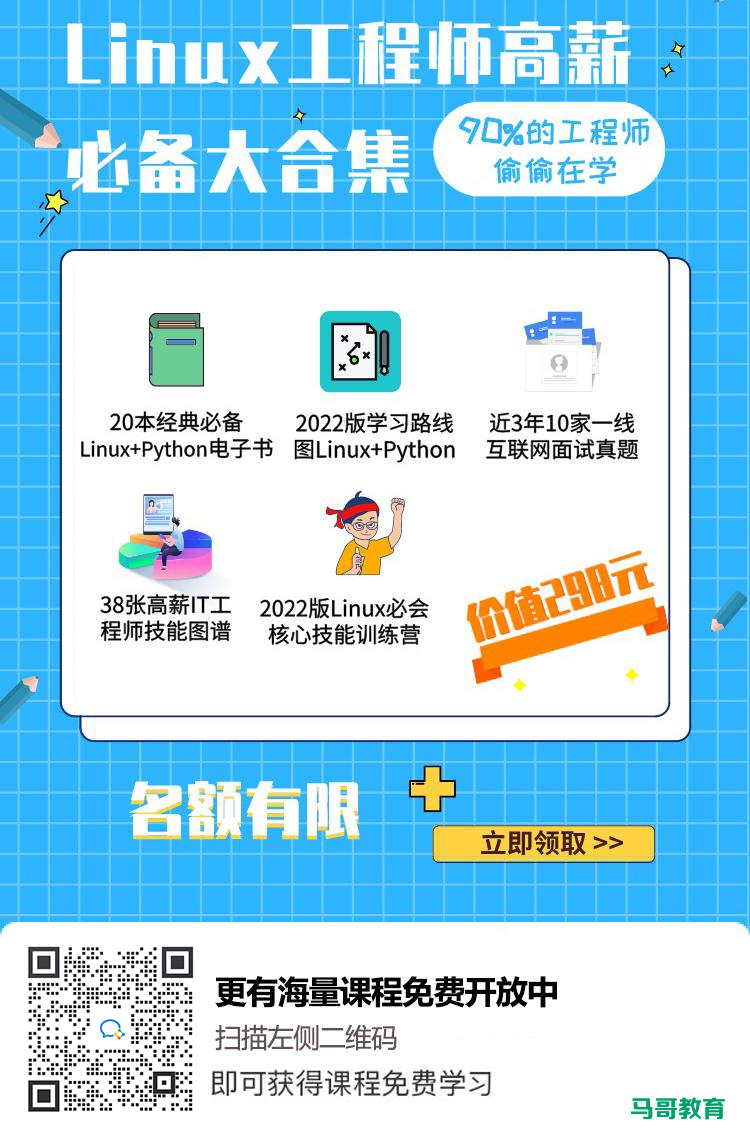- Golden Coast Awakens: A Nation’s Resolve – ghana news – Strategies for Sustainable Growth and Inclusive Development Unveiled.
- Strengthening Economic Foundations: Diversification Beyond Resources
- Investing in Human Capital: Education and Skills Development
- Advancing Digital Literacy
- Enhancing Vocational Training
- Improving Access to Higher Education
- Governance and Institutional Reforms: Building a Stronger State
- Regional Integration and International Cooperation
- The AfCFTA Opportunity
- Strengthening ECOWAS
- Fostering International Partnerships
- Addressing Environmental Challenges: Sustainable Development
Golden Coast Awakens: A Nation’s Resolve – ghana news – Strategies for Sustainable Growth and Inclusive Development Unveiled.
Ghana, often lauded as a beacon of stability in West Africa, is undergoing a period of significant transformation. The nation’s commitment to democratic principles, coupled with its abundant natural resources, has positioned it for sustained growth. Recent economic strategies, focusing on diversification and sustainable development, are attracting considerable international attention. Much of the current focus within ghana news circles revolves around these evolving plans, and their potential impact on the lives of ordinary citizens.
This article delves into the core strategies Ghana is employing to solidify its economic standing and foster inclusive development, exploring the challenges and opportunities that lie ahead. We will examine key sectors driving growth, ongoing initiatives to improve governance, and the importance of regional cooperation in achieving long-term prosperity.
Strengthening Economic Foundations: Diversification Beyond Resources
For decades, Ghana’s economy has been heavily reliant on the export of raw materials – cocoa, gold, and increasingly, oil. While these exports have provided crucial revenue, they also expose the nation to price volatility and limit value addition within the country. A core component of current economic strategy focuses on diversification, actively promoting sectors such as manufacturing, technology, and tourism. This includes incentives for foreign investment in these areas, as well as initiatives to support local entrepreneurs.
Government programs are increasingly geared towards bolstering small and medium-sized enterprises (SMEs), recognizing their pivotal role in job creation and economic resilience. Access to finance remains a challenge for many SMEs, and steps are being taken to improve credit availability and reduce bureaucratic hurdles. The aim is to create a more vibrant and diversified economy, less susceptible to external shocks.
Investment in infrastructure, particularly transport networks and energy generation, is also critical to facilitating diversification. Improved infrastructure lowers the cost of doing business, attracts investment, and connects producers to markets. Strategic partnerships with the private sector are playing a key role in accelerating infrastructure development.
| Sector | Contribution to GDP (2023) | Growth Rate (2023) |
|---|---|---|
| Agriculture | 20.3% | 3.8% |
| Industry | 32.7% | 8.1% |
| Services | 47.0% | 5.6% |
Investing in Human Capital: Education and Skills Development
Recognizing that a skilled workforce is fundamental to long-term economic success, Ghana is making substantial investments in education and skills development. Initiatives are underway to improve access to quality education at all levels, from primary school to tertiary institutions. A renewed focus on vocational training and technical education aims to equip young people with the skills demanded by the evolving job market.
The government is actively promoting STEM (Science, Technology, Engineering, and Mathematics) education, establishing science resource centers and providing scholarships for students pursuing STEM fields. Moreover, partnerships with international universities and research institutions are being forged to enhance the quality of higher education and promote innovation.
Bridging the skills gap is a priority, and programs are being developed to address the mismatch between the skills graduates possess and the needs of employers. These programs often involve internships, apprenticeships, and close collaboration with industry leaders to ensure that training is relevant and practical.
Advancing Digital Literacy
In the modern economy, digital literacy is no longer a luxury but a necessity. Ghana is striving to expand access to digital technologies and equip its citizens with the skills to thrive in the digital age. Initiatives include expanding internet access to rural areas, providing digital skills training programs, and promoting the development of local digital content. The government views the digital economy as a key driver of future growth and employment.
Enhancing Vocational Training
Traditional vocational training programs are being revamped to align with the needs of a changing job market. New curricula are being developed, and instructors are receiving training to ensure they are equipped with the latest skills and knowledge. Emphasis is being placed on practical, hands-on learning and close collaboration with industry partners to provide students with real-world experience.
Improving Access to Higher Education
Efforts are being made to increase access to higher education, particularly for students from disadvantaged backgrounds. Scholarships, student loan programs, and the expansion of university capacity are all part of this effort. The goal is to ensure that all qualified students have the opportunity to pursue higher education, regardless of their socio-economic circumstances.
Governance and Institutional Reforms: Building a Stronger State
Strong governance and effective institutions are essential for creating a stable and predictable business environment and fostering sustainable development. Ghana has made notable strides in strengthening its democratic institutions and promoting good governance, but challenges remain. Ongoing reforms focus on improving transparency, accountability, and the rule of law.
Efforts to combat corruption are a key priority, with measures being taken to strengthen anti-corruption agencies, enhance asset declaration requirements, and promote whistleblowing. Strengthening the judiciary and ensuring its independence is also critical to upholding the rule of law.
Streamlining bureaucratic procedures and reducing red tape are also important components of governance reforms. The aim is to create a more efficient and business-friendly regulatory environment that encourages investment and entrepreneurship.
- Strengthening Parliament’s oversight role
- Enhancing the capacity of civil society organizations
- Promoting media freedom and independence
- Improving public financial management
Regional Integration and International Cooperation
Ghana recognizes the importance of regional integration and international cooperation in achieving its development goals. As a key member of the Economic Community of West African States (ECOWAS), Ghana actively promotes regional trade, economic integration, and peace and security. The African Continental Free Trade Area (AfCFTA) presents a significant opportunity for Ghana to expand its markets and boost its exports.
Ghana is also actively engaged in international partnerships, working with countries and organizations around the world to address shared challenges such as climate change, poverty, and disease. The country is committed to fulfilling its commitments under the Sustainable Development Goals (SDGs) and is working to achieve these goals by 2030.
Attracting foreign investment – and ensuring it benefits local communities – remains a key focus. Ghana is proactively engaging with international investors, showcasing its investment opportunities, and creating a welcoming environment for foreign capital.
The AfCFTA Opportunity
The African Continental Free Trade Area represents a transformative opportunity for Ghana and the rest of Africa. By creating a single market for goods and services, the AfCFTA has the potential to boost intra-African trade, promote economic diversification, and attract investment. Ghana is well-positioned to benefit from the AfCFTA, given its strategic location and relatively well-developed infrastructure. However, realizing the full potential of the AfCFTA will require addressing challenges such as trade facilitation, non-tariff barriers, and infrastructure deficits.
Strengthening ECOWAS
Ghana is committed to strengthening ECOWAS and playing a leading role in promoting regional integration. ECOWAS plays a vital role in maintaining peace and security in the region, promoting economic cooperation, and addressing shared challenges such as terrorism and climate change. Ghana is actively involved in ECOWAS initiatives to improve border security, combat transnational crime, and promote economic development.
Fostering International Partnerships
Ghana recognizes the importance of international partnerships in achieving its development goals. The country is actively engaged with countries and organizations around the world, seeking cooperation in areas such as trade, investment, technology, and climate change. Ghana is committed to being a responsible member of the international community and working with others to address global challenges.
Addressing Environmental Challenges: Sustainable Development
Ghana, like many developing nations, faces significant environmental challenges, including deforestation, pollution, and climate change. Recognizing the importance of sustainable development, the government is implementing policies to protect the environment and promote sustainable resource management. Initiatives include promoting reforestation, investing in renewable energy, and strengthening environmental regulations.
Addressing climate change is a key priority, and Ghana is actively working to reduce its carbon emissions and adapt to the impacts of climate change. The country has submitted its Nationally Determined Contribution (NDC) under the Paris Agreement and is committed to achieving its climate targets. Promoting eco-tourism and sustainable agriculture practices are also important aspects of Ghana’s environmental strategy.
The implementation of these policies will need complete and continued support from local communities to ensure compliance which acts in the best interest of not just the environment but also the people that live there.
- Promote renewable energy sources
- Implement stricter environmental regulations
- Invest in sustainable agriculture
- Encourage responsible waste management
Ghana’s journey towards sustained growth and inclusive development is marked by strategic planning, adaptability, and resolute commitment. By prioritizing economic diversification, investing in human capital, strengthening governance, embracing regional integration, and addressing environmental concerns, Ghana is positioning itself for a prosperous and sustainable future. These measures are constantly being reported through ghana news channels, illustrating the dynamic nature of the country’s development.
Continued monitoring, evaluation, and adapatability will be key to ensuring that these policies yield the desired outcomes, benefitting all Ghanaians and setting an example for the wider African continent.
本文链接:https://www.yunweipai.com/47684.html






网友评论comments